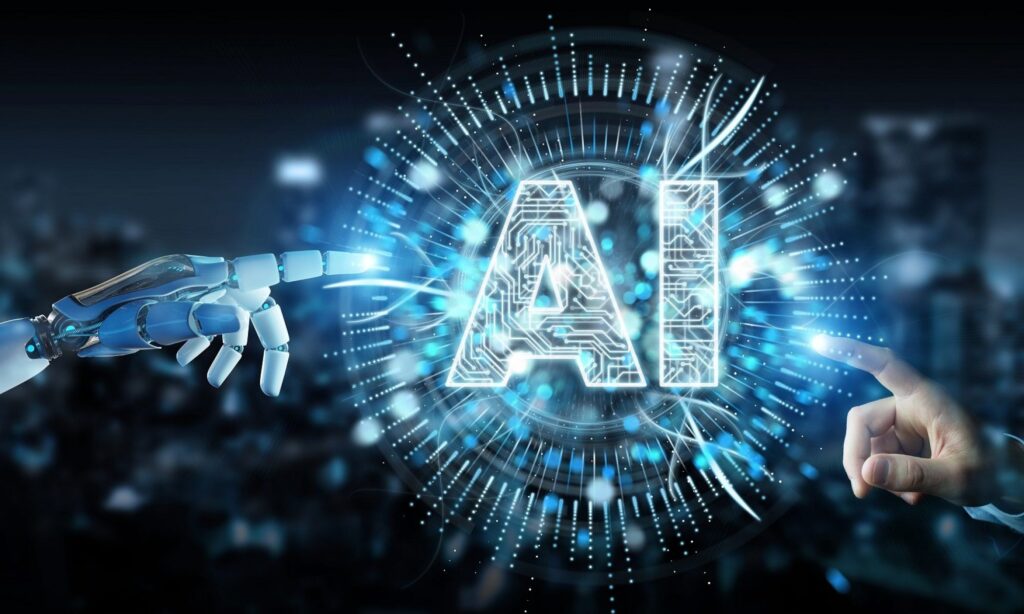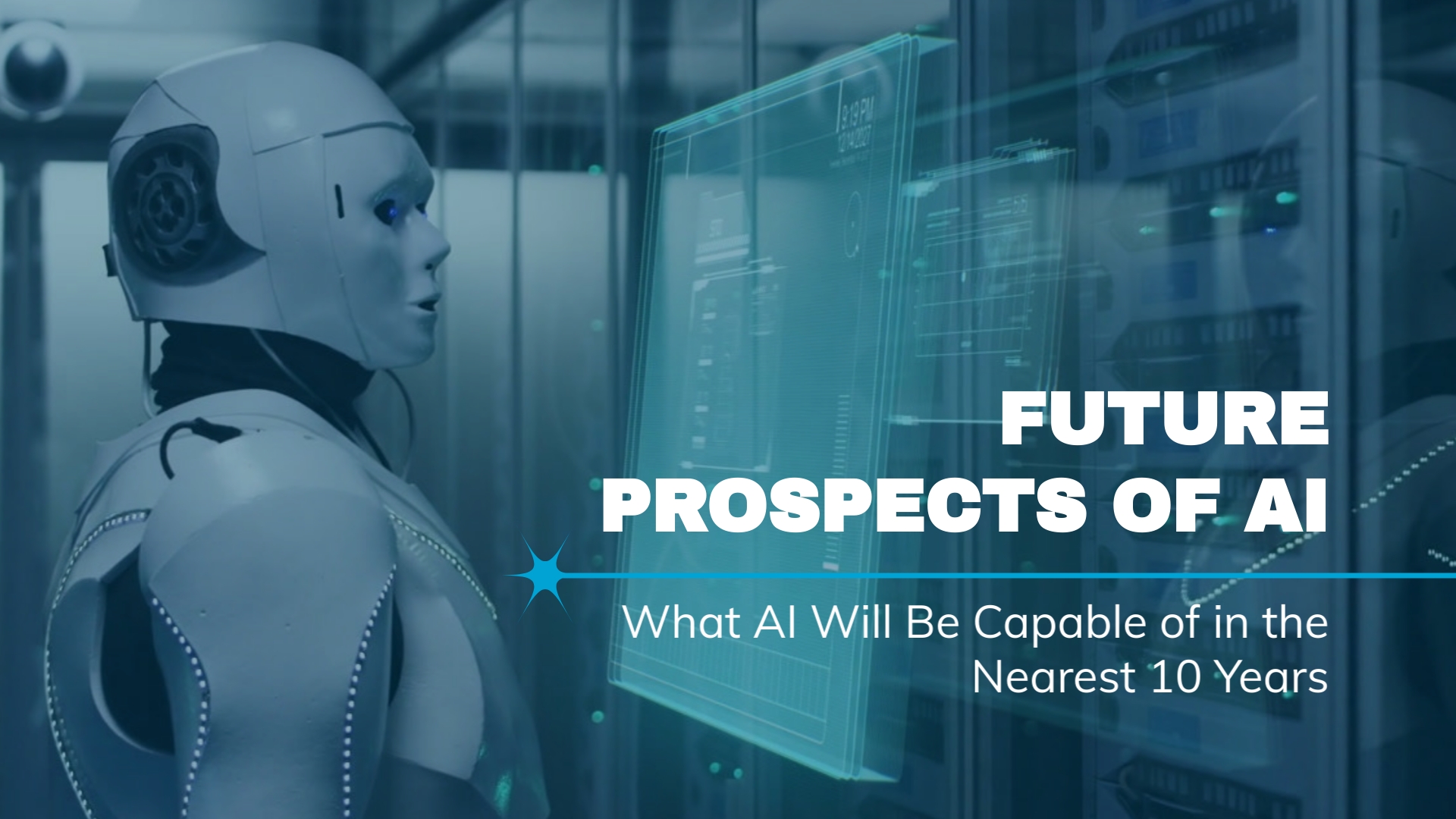Introduction to AI in Education

Artificial Intelligence has emerged as a transformative force across various sectors, and education is no exception. At its core, AI refers to the simulation of human intelligence processes by machines, particularly computer systems. These processes include learning, reasoning, and self-correction. The primary components of AI include machine learning, natural language processing (NLP), and data analytics, each playing a crucial role in the educational landscape.
Machine learning, a subset of AI, involves algorithms that enable computers to learn from and make decisions based on data. This technology can analyze vast amounts of educational data to identify patterns, predict outcomes, and offer personalized learning experiences. Natural language processing, another critical component, allows machines to understand and interact with human language, facilitating more intuitive and effective communication between students and educational platforms.
The integration of AI into education is increasingly evident through various applications. Intelligent tutoring systems, for instance, leverage machine learning to provide real-time feedback and personalized recommendations, enhancing the learning process. AI-powered chatbots assist in administrative tasks, offering instant support to students and educators alike. Additionally, predictive analytics can forecast student performance, enabling educators to intervene proactively and offer targeted support.
Personalized Learning Experiences
Artificial Intelligence (AI) is revolutionizing education by enabling personalized learning experiences tailored to individual student needs. Through advanced algorithms and machine learning, AI can assess student performance in real-time, identify learning gaps, and provide customized resources and support. This adaptive approach ensures that each learner receives the attention and tools they need to succeed.
AI-driven platforms and tools are at the forefront of this transformation. For instance, tools like smart tutoring systems and AI-powered educational software analyze students’ strengths and weaknesses, adapting the pace and style of instruction accordingly. These platforms can recommend specific exercises or resources that target areas where a student may be struggling, thereby enhancing the learning experience. The ability to customize learning paths allows students to progress at their own speed, ensuring mastery of subjects before moving on.
Examples of such AI-driven platforms include Knewton , which provides personalized recommendations for study materials, and Dream Box, an adaptive learning platform for mathematics that adjusts in real-time to a student’s responses. These tools not only make learning more efficient but also more engaging, as they cater to individual preferences and learning styles.
ALOS READ THIS : Game On: The Explosive Growth of Esports!
AI in Administrative Tasks and Efficiency

Artificial Intelligence (AI) is revolutionizing administrative tasks within educational institutions, significantly enhancing efficiency and effectiveness. The deployment of AI technologies streamlines various processes such as enrollment, grading, scheduling, and managing student records. These advancements not only reduce the administrative burden on educators but also enable them to concentrate more on teaching and student interaction.
One notable application of Artificial Intelligence in education is in the enrollment process. AI-powered systems can process applications, verify documents, and even respond to queries from prospective students. By automating these tasks, institutions can reduce the time and resources typically required for enrollment, thus facilitating a smoother admission process.
Challenges and Future Prospects In Artificial Intelligence 
The integration of Artificial Intelligence (AI) in education is not without its challenges and ethical considerations. One of the primary concerns is data privacy. AI-driven educational tools often require extensive data collection to function effectively. This data can include sensitive information about students’ academic performance, personal characteristics, and even behavioral patterns. Ensuring this data is securely stored and ethically managed is crucial to prevent misuse and protect students’ privacy.
The digital divide also presents a barrier to equitable access to AI-driven educational tools. Students in underprivileged areas may lack the necessary infrastructure, such as reliable internet access and modern devices, to benefit from AI-enhanced learning. This disparity can widen the achievement gap between different socio-economic groups. To mitigate this, policymakers and educators must prioritize investments in digital infrastructure and ensure that AI tools are accessible to all students, regardless of their background.
Despite these challenges, the future of Artificial Intelligence in education holds promising prospects. Emerging trends such as personalized learning, where AI tailors educational content to individual students’ needs, are gaining traction. Ongoing research is also focusing on developing more ethical AI systems that can address concerns about bias and privacy. In the long term, AI has the potential to revolutionize the education system by making learning more adaptive, efficient, and inclusive.

